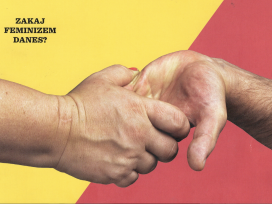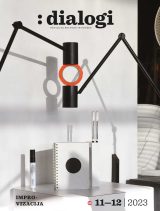
Liberal feminism has completely overlooked class and other axes of inequality and subjugation, says Metka Mencin Čeplak, as the economically and politically imposed commodification of women comes to the fore, warns Mirjana Ule. What is to be done? In interview, two leading Slovenian feminists consider the options in light of a century of feminist thought.
